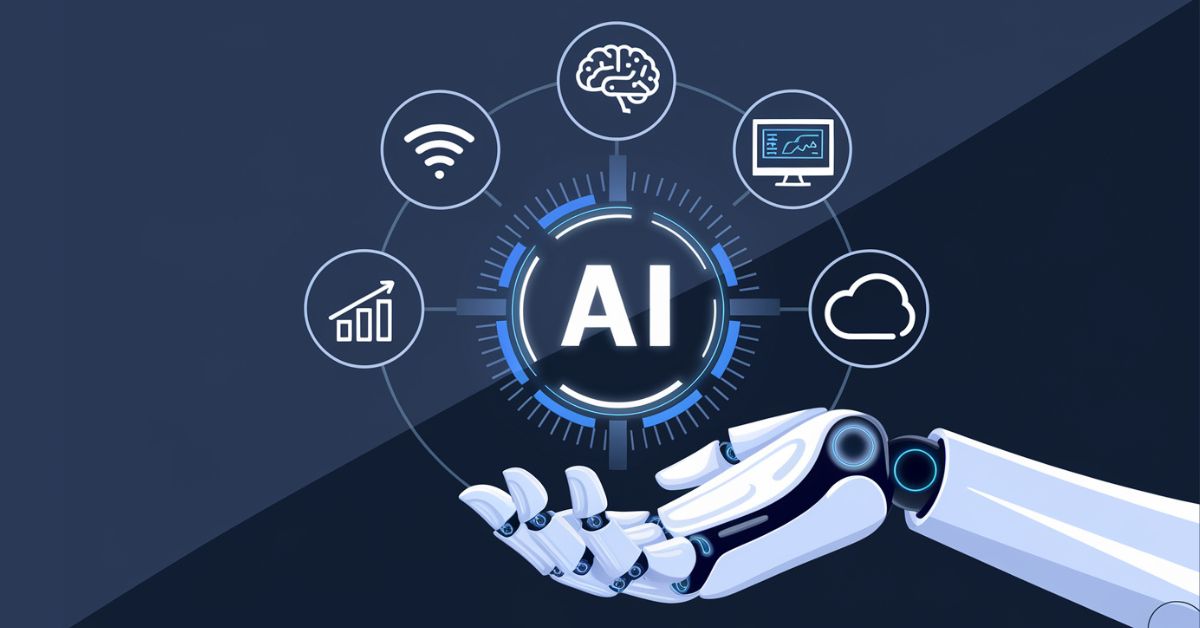Introduction to Artificial Intelligence and Expert Systems: A Comprehensive Guide
Artificial Intelligence (AI) and expert systems are transforming the world we live in, permeating various aspects of our daily lives and redefining how industries operate. With the rapid advancements in technology, understanding these concepts has become crucial for professionals across fields. This comprehensive guide aims to provide a detailed introduction to artificial intelligence and expert systems, shedding light on their importance, applications, and the profound impact they are having globally.
- What is Artificial Intelligence?
- Understanding Expert Systems
- How AI and Expert Systems Are Connected
- Applications of AI and Expert Systems
- Benefits and Challenges
- Conclusion
- Call to Action
What is Artificial Intelligence?
Artificial Intelligence refers to the simulation of human intelligence processes by machines, primarily computer systems. These processes include learning, reasoning, problem-solving, perception, and language understanding. The history of AI dates back to the mid-20th century, with key milestones marking its evolution.
AI’s journey began with the development of the concept by pioneers like Alan Turing and John McCarthy. Over the years, major breakthroughs such as the creation of neural networks, deep learning algorithms, and the development of natural language processing (NLP) have propelled AI into new realms, making it more sophisticated and widely applicable.
Understanding Expert Systems
Expert systems are a branch of AI designed to mimic the decision-making ability of a human expert. These systems leverage a vast knowledge base and inference rules to analyze information and provide reasoned solutions to complex problems.
Expert systems play a critical role in sectors like healthcare, where they assist in diagnosis and treatment decisions, and finance, where they help in investment and risk assessment. By harnessing AI concepts such as machine learning and data analysis, expert systems can offer consistent and accurate responses, making them invaluable in areas where human expertise is scarce.
How AI and Expert Systems Are Connected
The relationship between AI and expert systems is intertwined. While AI encompasses a broader range of technologies and methodologies aimed at creating intelligence, expert systems are specific applications of AI focused on replicating expert-level decision-making.
AI provides the foundational technologies, such as machine learning algorithms and data analytics, that enable expert systems to function effectively. In turn, expert systems operationalize these AI concepts, applying them to real-world scenarios where they can significantly enhance productivity and decision accuracy.
Applications of AI and Expert Systems
Healthcare
In healthcare, AI and expert systems are revolutionizing diagnostics and treatment planning. AI algorithms analyze patient data, identifying patterns that may be missed by human practitioners. For example, IBM’s Watson for Oncology uses expert systems to provide oncologists with evidence-based treatment options.
Finance
In the financial sector, AI and expert systems assist in fraud detection, risk management, and investment strategies. Machine learning models analyze transaction data to predict fraudulent activities, while expert systems recommend investment paths based on complex market analyses.
Manufacturing
Manufacturing industries use AI and expert systems to optimize production processes, improve quality control, and enhance supply chain management. Predictive maintenance systems, powered by AI, foresee equipment failures, reducing downtime and operational costs.
Benefits and Challenges
The adoption of AI and expert systems offers several benefits, such as increased efficiency, reduced human error, and the ability to perform complex analyses at scale. However, these technologies also present challenges, including ethical concerns, potential job displacement, and the need for substantial data to function effectively.
Moreover, developing AI systems involves significant computational resources and expertise, which can be a barrier for smaller organizations. Addressing these challenges requires a balanced approach, integrating robust ethics guidelines and strategic investments in human-AI collaboration.
Conclusion
In conclusion, this introduction to artificial intelligence and expert systems unveils the transformative potential of these technologies in various domains. As AI and expert systems continue to evolve, their integration into diverse sectors holds promising prospects for improving efficiency, enhancing decision-making, and solving complex challenges.
Call to Action
We invite you to share this post with your network and join the conversation by leaving your thoughts and comments below. Stay informed about the latest in technology by subscribing to our newsletter for more insightful articles like this one.
As AI technology progresses, understanding its foundations is crucial for anyone looking to harness its capabilities. Stay ahead of the curve and explore the fascinating world of artificial intelligence and expert systems today!







